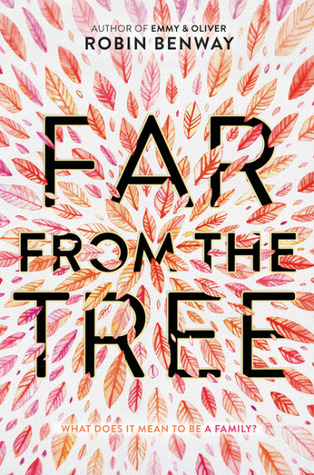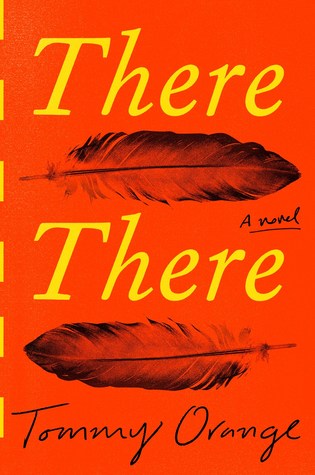The Power by Naomi Alderman
What if traditional gender roles were reversed? That's the question that is at the heart of Alderman's novel. It imagines a world in which women, suddenly, obtain a new power, a "skein" between the collar bones that hums with electricity, which they can use as a weapon. And they do. All of a sudden, men are at women's mercy; it's as if every woman in the world were walking around with a concealed, loaded gun. Naturally -- or, so the author seems to suggest -- women begin to use the power to upend gender norms and, essentially, seek revenge for hundreds of years of injustice and compelled subservience. At first, the reader, at least this reader, was rooting for them. Don't women deserve to be finally liberated in this most physical of ways? But the power doesn't necessarily serve humanity well. Interestingly, the book is framed by an e-mail exchange between the author and a fellow writer many years -- 5,000, I think -- in the future. The conceit is that the story is one anthropologists attempt to bring otherwise boring history to life, to explain how their matriarchal society came to be. So the story, which takes place in our future, actually takes place in the past for its fictional author. This, I think, is key to elevating the story. It helps contextualize the tale and give it resonance beyond its characters.
But what, exactly, is its meaning? And here I warn any reader who happens upon this blog that I am about to reveal too much about the plot. So here's what happens: Women who are desperate to liberate their fellow women from male domination essentially help bring about the total destruction of civilization so that it can be rebuilt with women in charge, a history which is only revealed in the epilogue e-mail exchange between the fictional author and their fictional writer-adviser. In this exchange, the fictional author, a man named Neil, defends his depiction of the origin of their society to another writer, Naomi. She finds several aspects of the book just plain silly: Could it be that there were battalions of male soldiers? The point is that the society in which the two are writing has gender norms that are the exact opposite of our own. Women are seen as more aggressive and strong while men are weak and passive. So what is the real author saying? At first I thought it was merely: Absolute power corrupts absolutely. (Obviously not a phrase I coined.) But maybe it's an attempt to show that men and women aren't that different, that we all act according to the gender roles we are assigned, that women could just as easily be the warriors of the world if that's how the world saw them. Or maybe that the very real differences between men and women will inevitably lead to such gender norms? Or maybe that our societal norms are as much based in mythic as the ones the society developed in the novel are?
Regardless, this was a book that was at once hard to put down because the plot drew me in so intensely, and had me thinking more deeply about our society. A good read!













